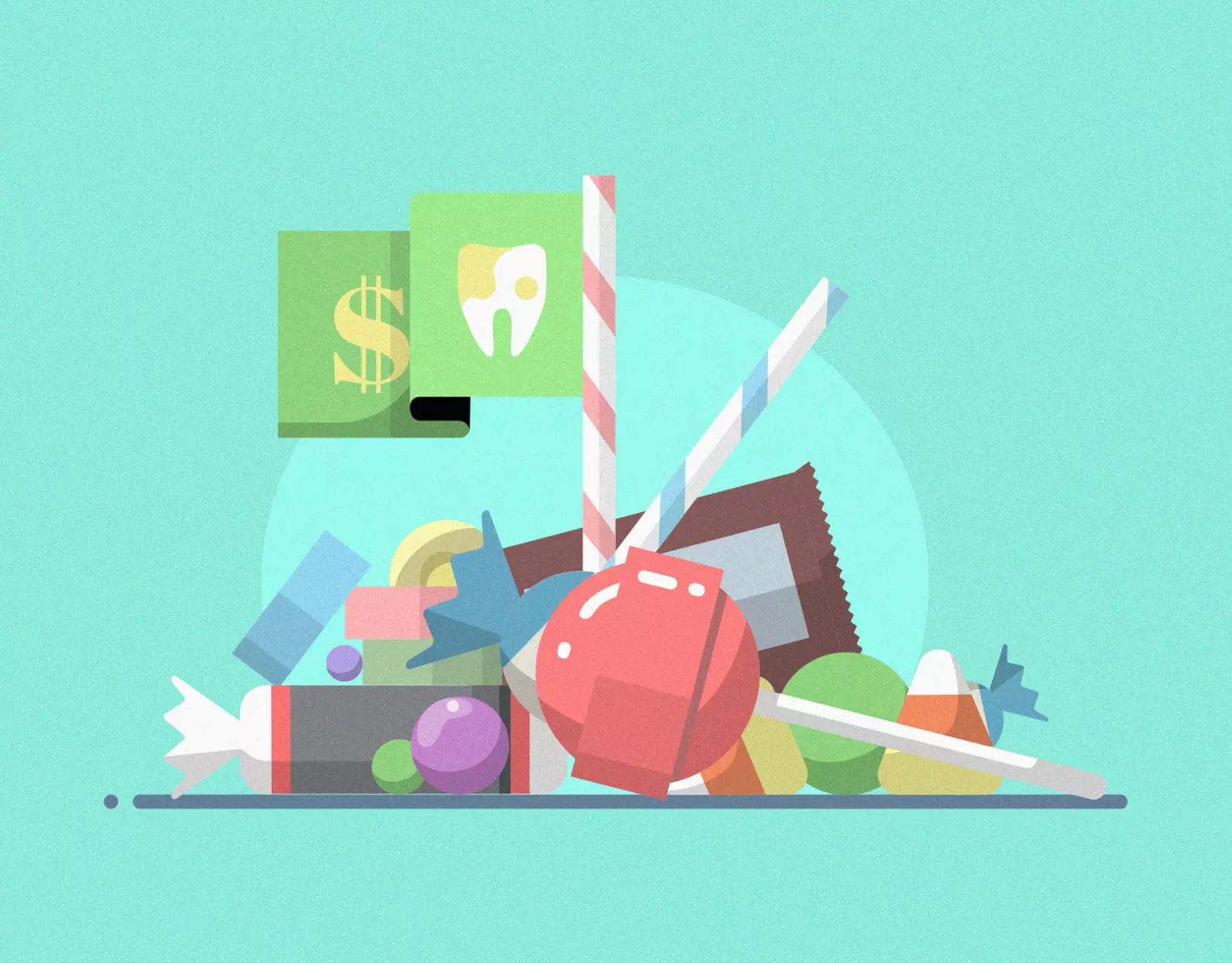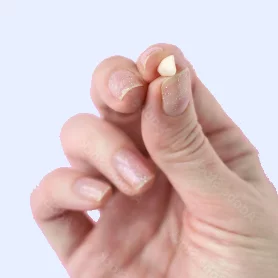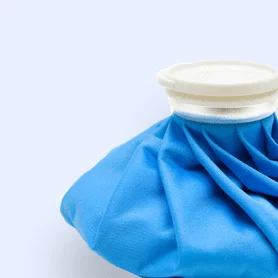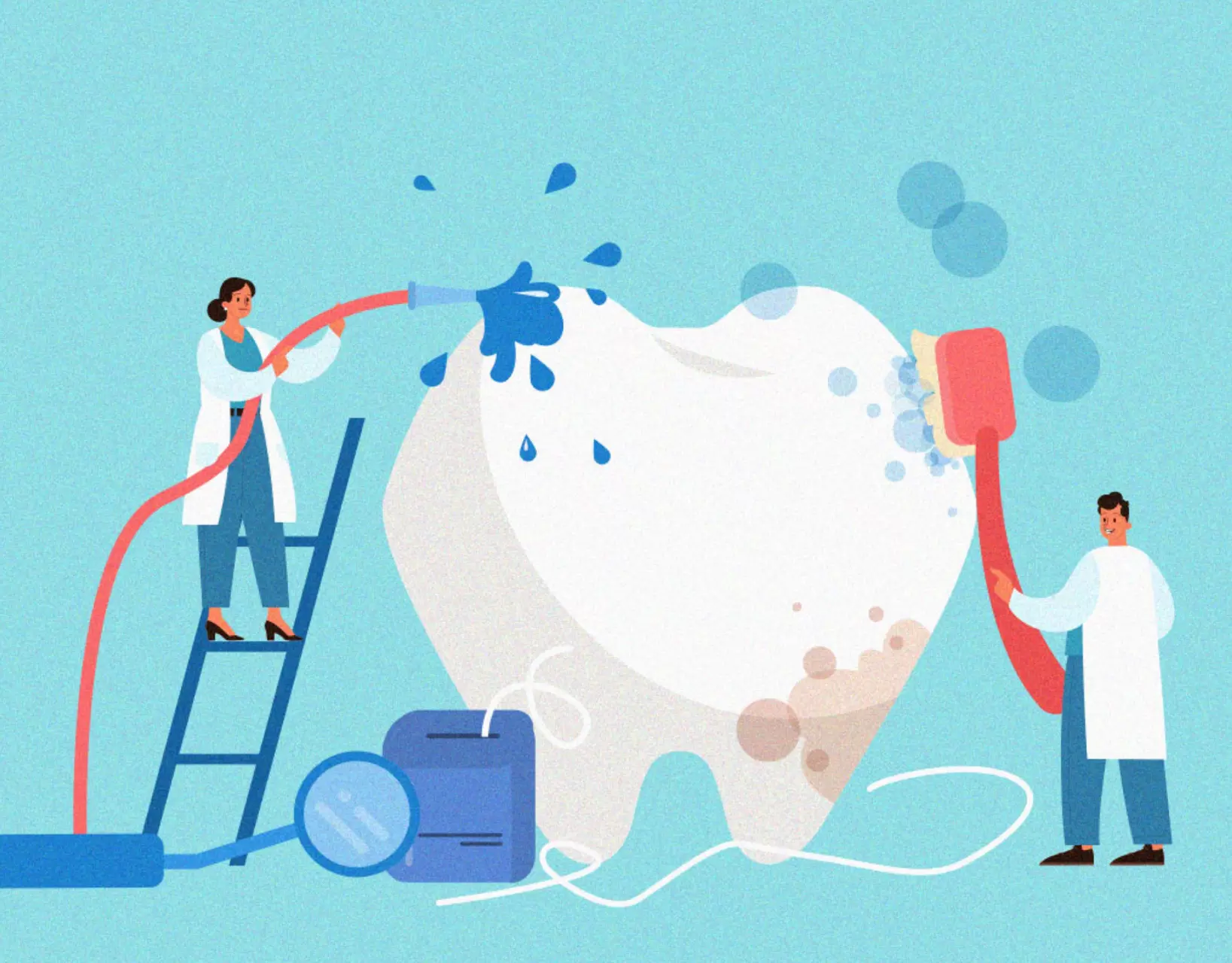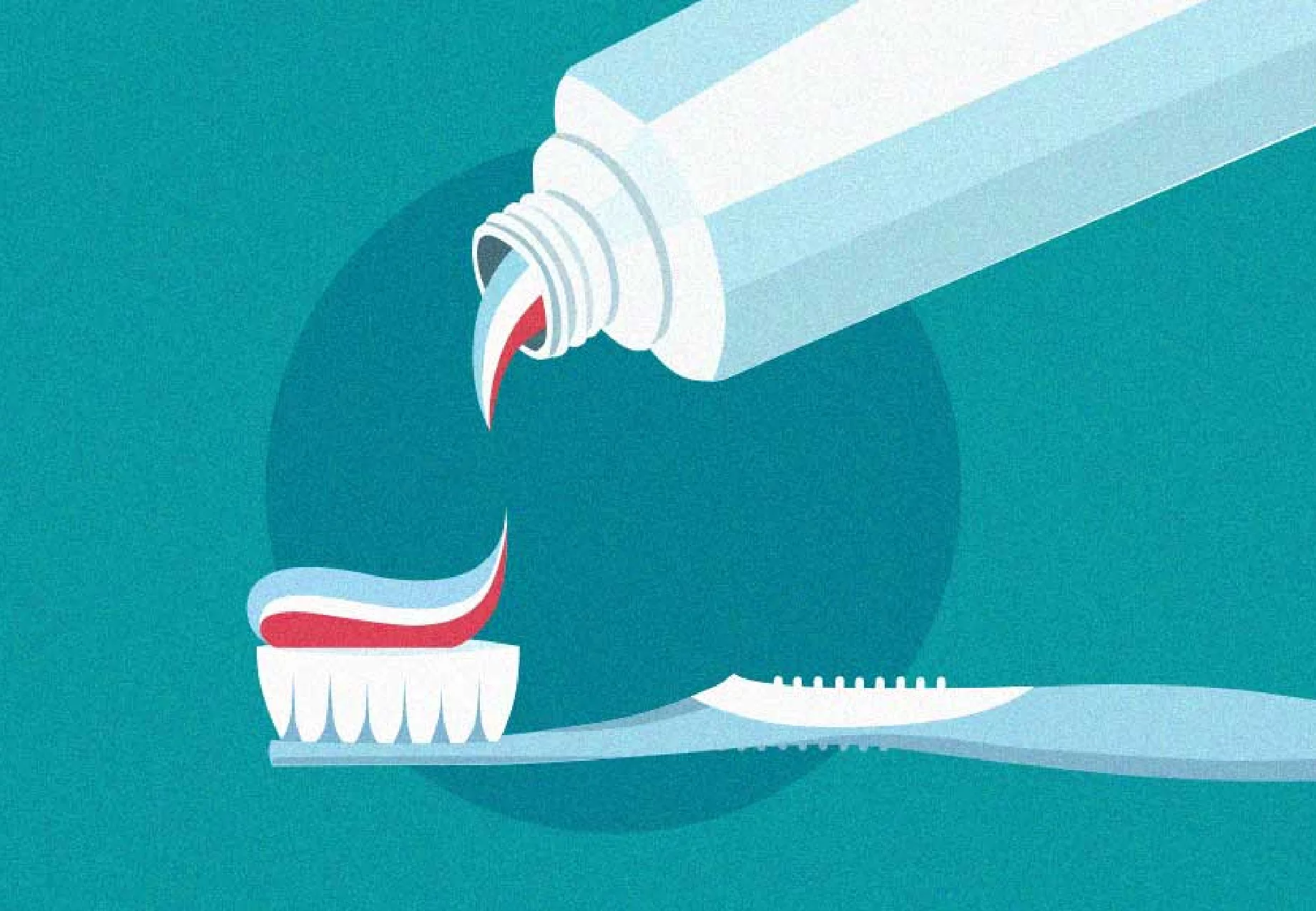Dental cavities form when mineral are lost and the tooth enamel breaks down in three areas: smooth surface, pit and fissures, and root decay. The enamel is the hard, outer layer of the tooth, essentially the first line of defense. Unlike other parts of your body, it accumulates on the teeth, the acids attack the surface layer creating small holes. An untreated cavity is permanent damage to the tooth's enamel.
Are the first symptoms of a dental cavity harmless? The short answer is no. So the next time your child mentions any of the following symptoms, help protect their enamel and schedule an appointment for the proper treatment. Better still, stay on top of those routine dental exams. Your enamel will thank you.
Symptoms of a cavity

Methods for Treating Cavities
One treatment doesn't cure all. There are different options available depending on the stage of the cavity.
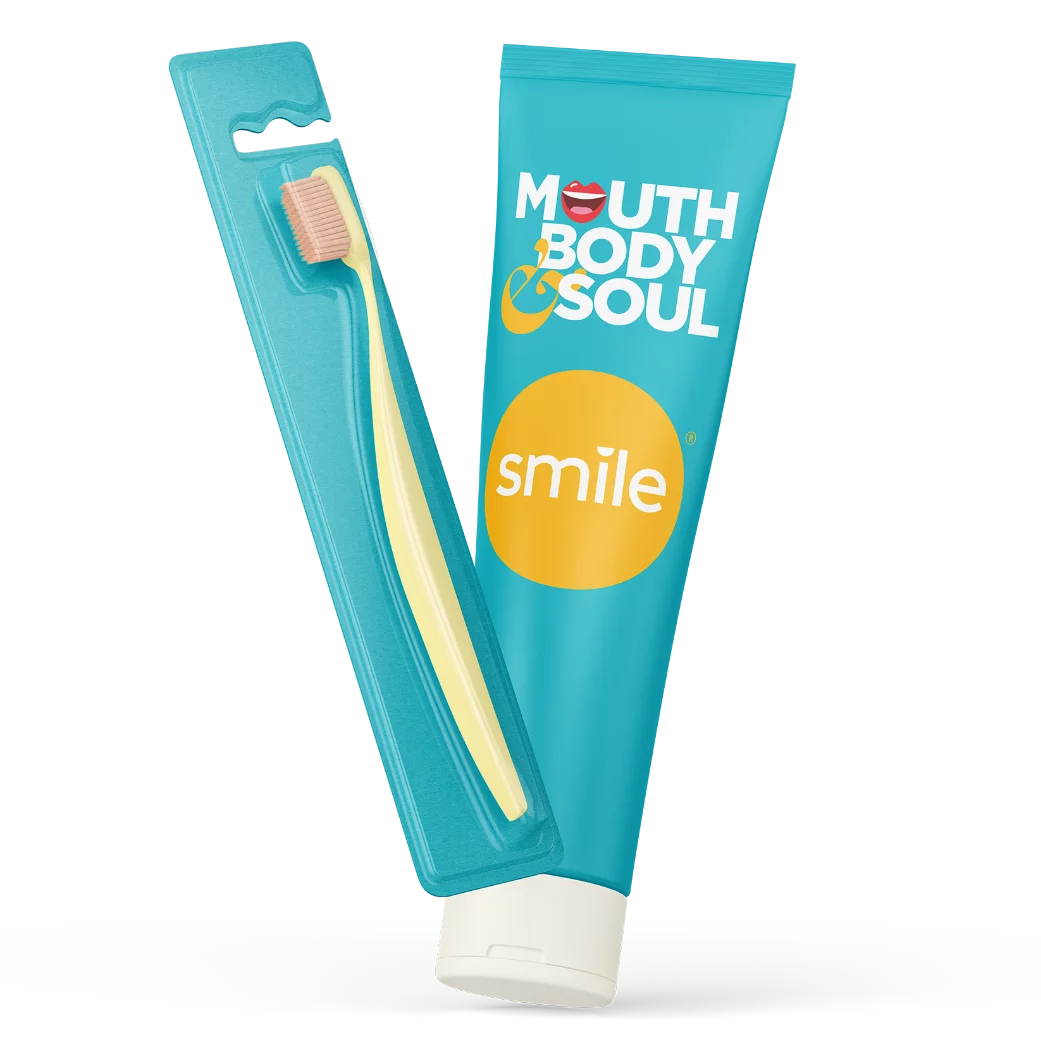
How can we help?
Book an Appointment Today
If you’re suffering from cavity symptoms, consult your dentist to discuss the best methods for cavity prevention and treatment.
Related Posts
Tooth decay in children is a serious problem in America — it ranks as the top chronic childhood illness according to the National Children’s Oral Health Foundation. One in five children don’t receive
Good oral hygiene is important because cleaning your teeth helps prevent cavities.
If you do not brush your teeth, bacteria will start feasting on any sugars or starches left between or around your te
Tooth decay is a serious condition that can affect anyone. But for the folks who always seem to be dealing with decay issues, they probably wonder why my teeth get cavities so easily?
Cavities
Cavitie






